For farmers, ensuring a consistent and reliable water supply is vital for the success of their crops. Whether you’re a seasoned pro or a new farmer just starting out, one essential tool you need in your arsenal is an agricultural water pump. These powerful machines play a crucial role in ensuring that your fields are irrigated efficiently and effectively. In this comprehensive guide, we will take you from zero to one hundred in understanding and purchasing the right ag water pump for your needs.
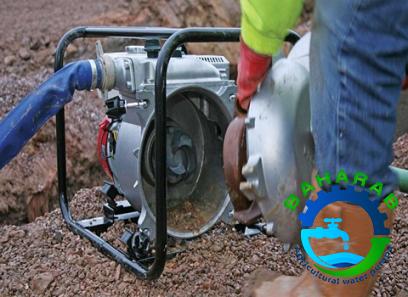
.
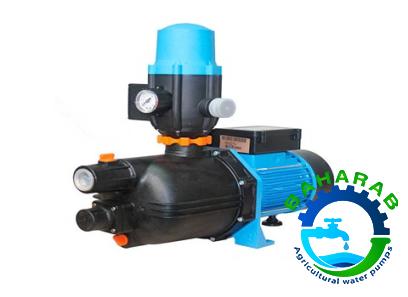 Before diving into the specifics of buying an ag water pump, it’s essential to understand the basics of how these machines work. Agricultural water pumps are designed to move water from a water source, such as a well, pond, or river, to the fields that need irrigation. These pumps come in various types and sizes, each suited for different applications and water sources. The two primary types of agricultural water pumps are centrifugal pumps and submersible pumps. Centrifugal pumps are commonly used for surface water sources, while submersible pumps are ideal for wells or underground water sources. Centrifugal pumps work by using an impeller to create centrifugal force, which pushes water out through a volute casing. Submersible pumps, on the other hand, are submerged in the water source and use a motor to push water to the surface.
Before diving into the specifics of buying an ag water pump, it’s essential to understand the basics of how these machines work. Agricultural water pumps are designed to move water from a water source, such as a well, pond, or river, to the fields that need irrigation. These pumps come in various types and sizes, each suited for different applications and water sources. The two primary types of agricultural water pumps are centrifugal pumps and submersible pumps. Centrifugal pumps are commonly used for surface water sources, while submersible pumps are ideal for wells or underground water sources. Centrifugal pumps work by using an impeller to create centrifugal force, which pushes water out through a volute casing. Submersible pumps, on the other hand, are submerged in the water source and use a motor to push water to the surface.
..
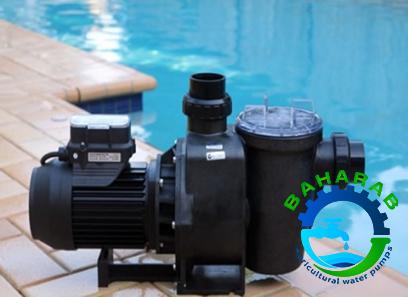 When it comes to purchasing an ag water pump, there are several factors to consider to ensure you get the right one for your specific needs. Here are some key considerations to keep in mind: 1. Water Source: The type of water source you have will dictate the type of pump you need. For example, if you have a well on your property, you’ll need a submersible pump. If you’re drawing water from a pond or river, a centrifugal pump may be more suitable. 2. Water Output: The amount of water output required will depend on the size of your fields and the water needs of your crops. It’s essential to calculate the flow rate needed to ensure sufficient irrigation. 3. Head Height: Head height refers to the vertical distance the water needs to be pumped. It’s crucial to consider the head height of your water source to choose a pump with adequate pumping power. 4. Energy Efficiency: Opt for an ag water pump that is energy-efficient to minimize operating costs and reduce environmental impact. Look for pumps with high efficiency ratings to save on electricity usage. 5. Durability and Reliability: Investing in a high-quality, durable pump is essential to ensure longevity and reliability. Look for pumps made from robust materials that can withstand the rigors of agricultural use.
When it comes to purchasing an ag water pump, there are several factors to consider to ensure you get the right one for your specific needs. Here are some key considerations to keep in mind: 1. Water Source: The type of water source you have will dictate the type of pump you need. For example, if you have a well on your property, you’ll need a submersible pump. If you’re drawing water from a pond or river, a centrifugal pump may be more suitable. 2. Water Output: The amount of water output required will depend on the size of your fields and the water needs of your crops. It’s essential to calculate the flow rate needed to ensure sufficient irrigation. 3. Head Height: Head height refers to the vertical distance the water needs to be pumped. It’s crucial to consider the head height of your water source to choose a pump with adequate pumping power. 4. Energy Efficiency: Opt for an ag water pump that is energy-efficient to minimize operating costs and reduce environmental impact. Look for pumps with high efficiency ratings to save on electricity usage. 5. Durability and Reliability: Investing in a high-quality, durable pump is essential to ensure longevity and reliability. Look for pumps made from robust materials that can withstand the rigors of agricultural use.
…
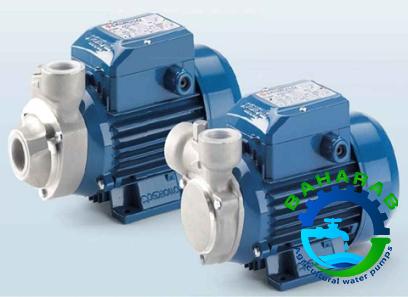 So, whether you’re looking to upgrade your existing irrigation system or are embarking on a new agricultural venture, investing in a quality ag water pump is a decision that will pay dividends in the form of healthier crops, increased yields, and a more efficient farming operation overall. Take the time to research and explore your options, consult with professionals if needed, and make a choice that aligns with your specific needs and goals as a farmer. With the right ag water pump by your side, you can take your farming endeavors to new heights and ensure a prosperous harvest year after year. Embrace the power of technology and innovation in agriculture, and watch as your fields flourish with the help of a reliable and efficient water pump. Always remember that a well-chosen pump is not just a tool – it’s an investment in the future of your farm and the success of your agricultural operations.
So, whether you’re looking to upgrade your existing irrigation system or are embarking on a new agricultural venture, investing in a quality ag water pump is a decision that will pay dividends in the form of healthier crops, increased yields, and a more efficient farming operation overall. Take the time to research and explore your options, consult with professionals if needed, and make a choice that aligns with your specific needs and goals as a farmer. With the right ag water pump by your side, you can take your farming endeavors to new heights and ensure a prosperous harvest year after year. Embrace the power of technology and innovation in agriculture, and watch as your fields flourish with the help of a reliable and efficient water pump. Always remember that a well-chosen pump is not just a tool – it’s an investment in the future of your farm and the success of your agricultural operations.
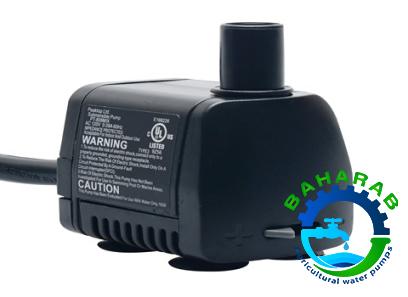
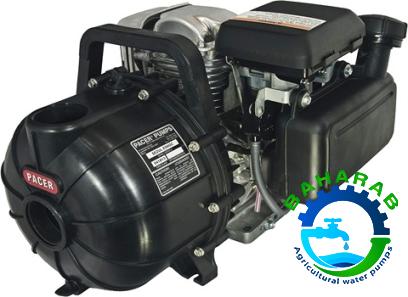
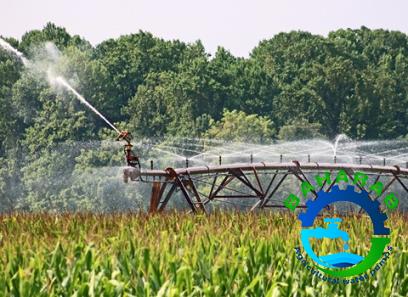
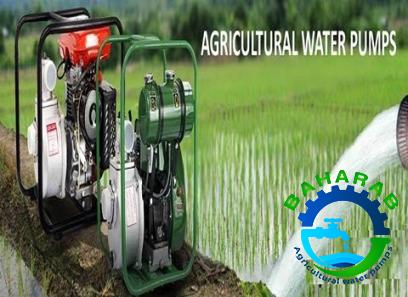
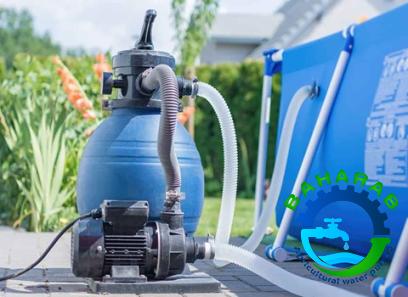
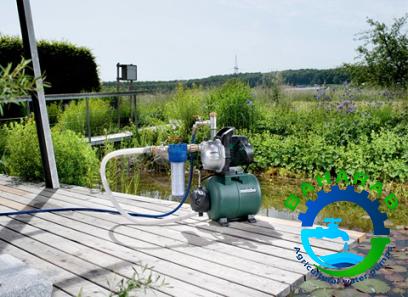
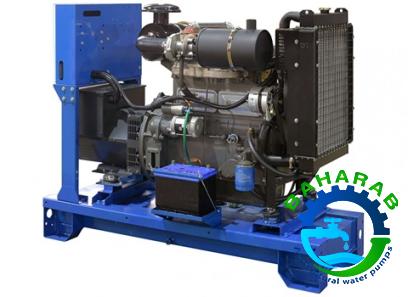
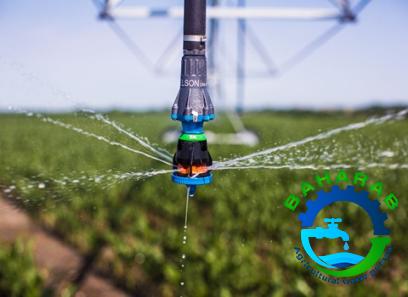
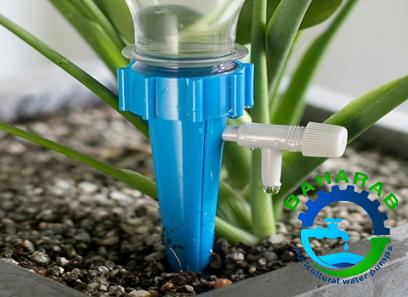
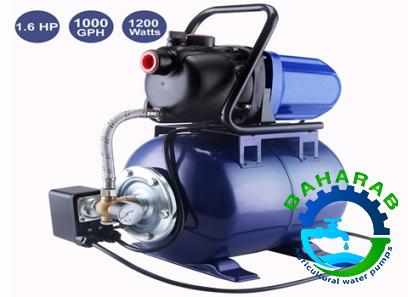
Your comment submitted.